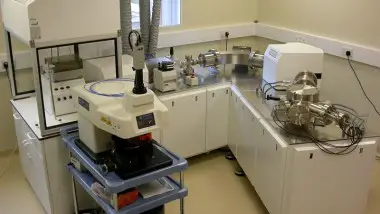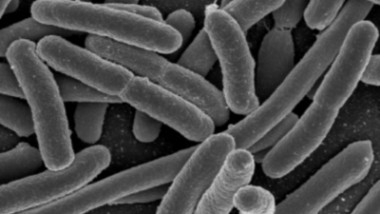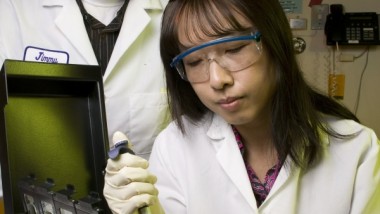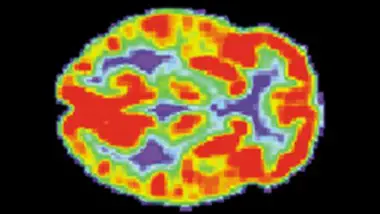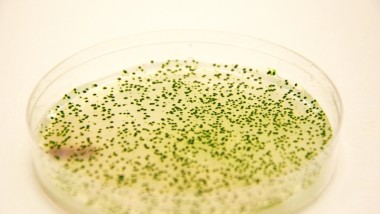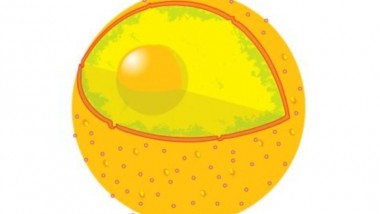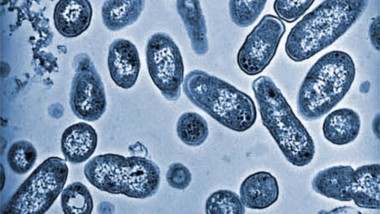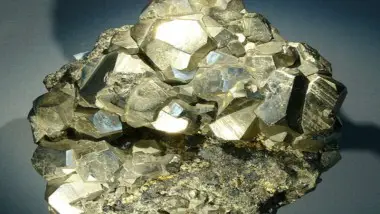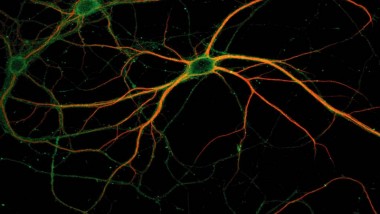A joint team of researchers, from the University of Manchester and the University of Houston, has discovered that the gases which formed the Earth’s atmosphere and its oceans probably come from outer space. Their recently published report challenges traditional theories ...
Food Allergy Diagnosis
Researchers at the Massachusetts Institute of Technology have developed a more precise method of diagnosing food allergies and the extent of allergic reactions to these substances. Current allergy testing is unreliable, resulting in a large number of false positives. In ...
Bacteria Creates Toxic Molecules
Scientists at the Massachusetts Institute of Technology in Cambridge, Massachusetts and Boston University in Boston, Massachusetts have discovered the drug hydroxyurea causes bacteria to directly produce toxic molecules that kill off their generating organism. Similar processes could be used to ...
Microbe Detection Improvements
Researchers at Lawrence Livermore National Laboratory in Livermore, California have developed a new device for detecting viruses and other microscopic organisms to aid in medical diagnostics, bioterrorism threats, and product safety assessments. Capable of identifying any virus or bacteria keyed ...
Brain Scans Could Be Marketing Tool of the Future
Researchers at Duke University and Emory University have recently inspected one of the newer applications for brain scans: improving marketing efforts. Using sophisticated imaging of the human brain while it is subject to commercial stimulus could provide significant data for ...
Bacteria Turns Carbon Dioxide into Liquid Fuel
Researchers from the UCLA Henry Samueli School of Engineering and Applied Science have recently announced a new method to reduce emissions of carbon dioxide, a greenhouse gas produced by burning fossil fuels, using genetically engineered bacteria. This new development might ...
A Cell’s ‘Cap’ of Bundled Fibers
Researchers from the Johns Hopkins Engineering in Oncology Center have recently shown that in healthy cells, a bundled ”cap” of thread-like fibers holds the cell’s nucleus in its proper place. The nucleus includes the cell’s genetic storehouse, and understanding the ...
Disease May Derail Space Travel
Researchers at Nancy University in Lorraine, France have raised concerns that disease will make it impossible to support long-term space travel such as manned missions to Mars. Space travel both weakens the immune system and promotes more virulent growth of ...
Fool’s Gold in Solar Cells
Scientists at the University of California at Berkeley are developing new solar cells based on pyrite, otherwise known as fool’s gold. Fool’s gold is four or five times more plentiful than the silicon most commonly used in solar cells and ...
Memory Encoding Methods
Researchers at the University of California at Santa Barbara (UCSB) have uncovered a process used to encode memories in the synapse layer connecting neurons of the human brain. In order to ensure memories are encoded in the synapse and retrievable ...

